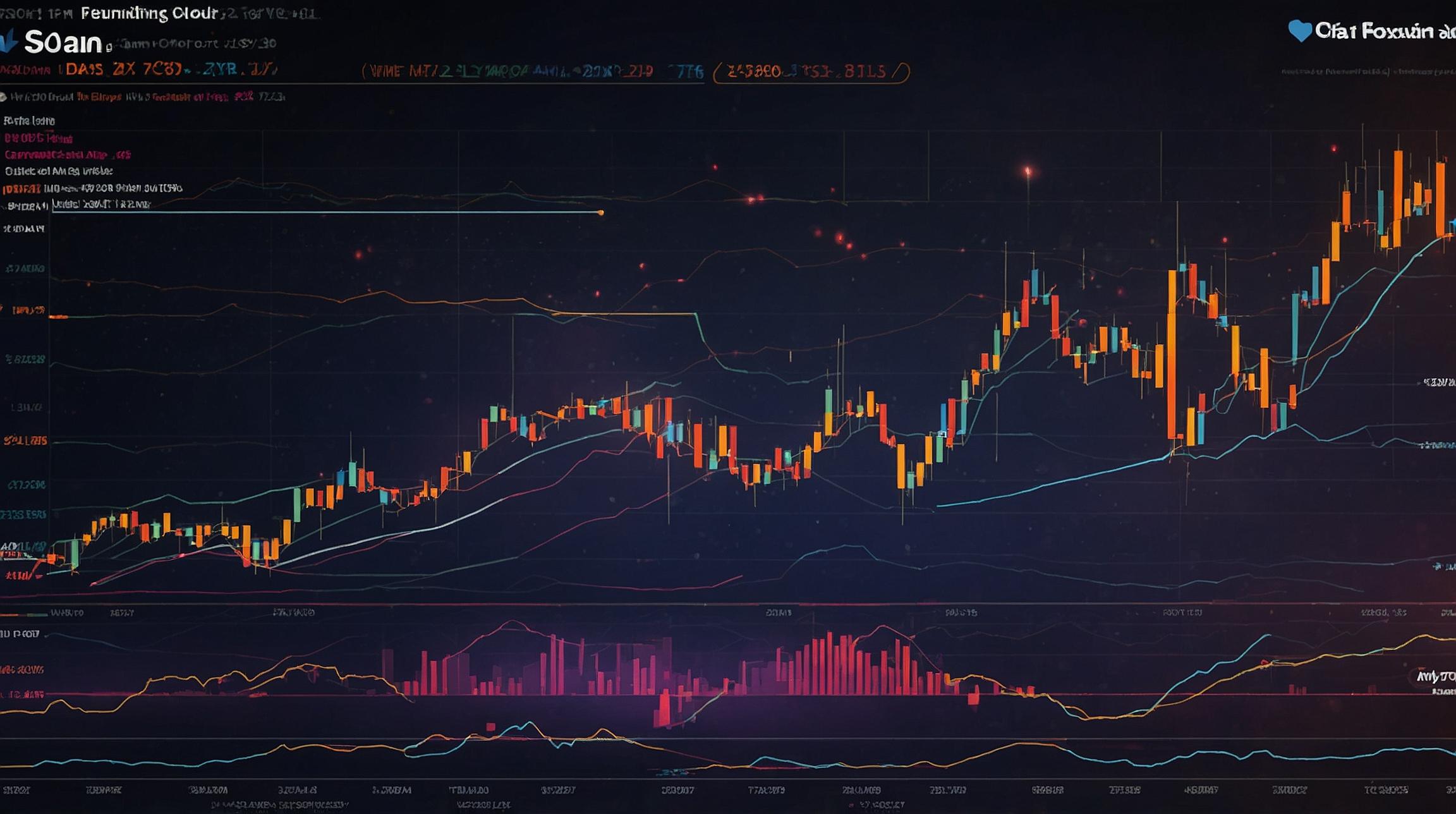Cybersecurity in Elections: A Call for Vigilance
LAS VEGAS— The annual Black Hat 2024 conference kicked off with crucial warnings about election security, intertwined with a cautiously optimistic perspective on the future of global democracy. With around 50 major elections, including the US presidential election, set to take place in 2024, the event zeroed in on one pressing question: What can the cybersecurity community do to ensure safe and secure elections?
Elections are Complex Events
"Elections are complicated," said Jen Easterly, Director of the US Cybersecurity and Infrastructure Security Agency (CISA), during a panel discussion featuring US and EU cybersecurity experts. "I can guarantee that things will go wrong. The good news is: these types of events are disruptive, but they won't invalidate the votes cast." Easterly emphasized that the best defense for democracy is to ignore or invalidate attempts to spread disinformation and misinformation about elections or election results. "Identify the signal through the noise," she advised, cautioning about the deluge of lies and half-truths likely to emerge during the 2024 presidential election.
Dangers of AI-Generated Memes
Felicity Oswald, CEO of the UK's National Cyber Security Centre (NCSC), echoed similar sentiments. While AI-generated memes can be entertaining, they also pose a risk by spreading false information and influencing public opinion during high-stakes elections. Thus, it's crucial for people to get their information from reliable sources.
Trust Official Sources Only
Easterly strongly urged the public to rely on local, state, and federal officials for accurate election information, rather than social media influencers, media outlets, or politicians. For US residents, she recommended visiting the National Association of State Election Directors' website and selecting their state to obtain verified information.
Collaborative Efforts are Essential
The 2016 US presidential election saw significant Russian interference, which led many local and state election officials to reassess their election protection strategies. Easterly advised Black Hat attendees to take an "on-the-ground" approach by signing up as poll workers to help secure elections and gain firsthand experience in how votes are cast and counted.
By focusing on these measures, the cybersecurity community can play a pivotal role in safeguarding the integrity of the election process and ensuring that democracy thrives.













